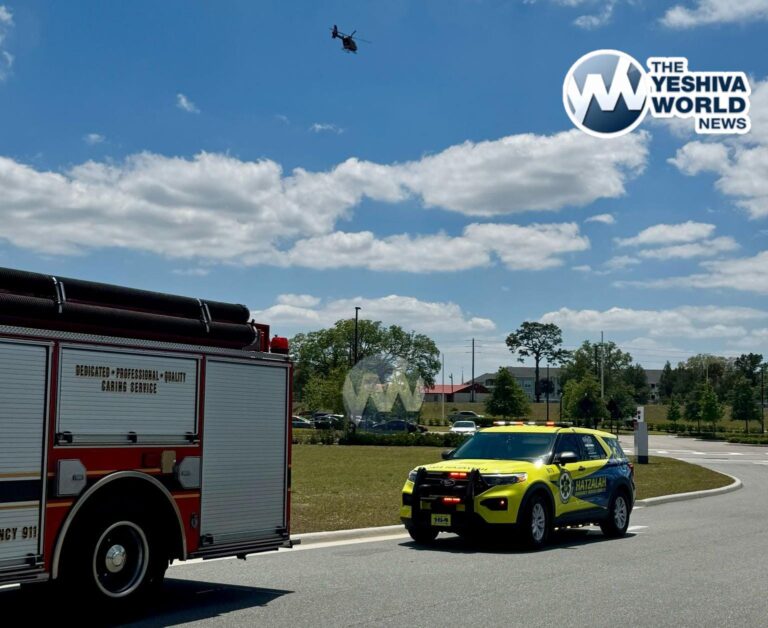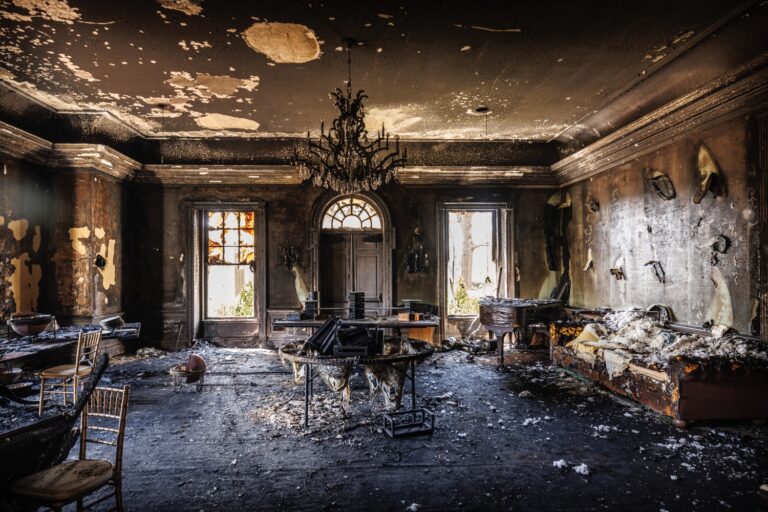 The word is almost a cold comfort in post-9/11 America — a way to describe the inconceivable, to somehow explain the twisted urge to commit mass murder. So when the bombs exploded in Boston, the word quickly became inescapable: “terrorism.”
The word is almost a cold comfort in post-9/11 America — a way to describe the inconceivable, to somehow explain the twisted urge to commit mass murder. So when the bombs exploded in Boston, the word quickly became inescapable: “terrorism.”
Dictionaries, and people who study the age-old activity, define terrorism as the use of violence and fear to pursue political goals. But that definition may have expanded to fill a vacuum as the nation waits to learn a motive in the Boston Marathon explosions that killed three people and maimed scores more.
President Barack Obama chose not to use the word “terrorism” in his first remarks hours after Monday’s bombing. “The word has taken on a different meaning since 9/11,” Obama advisor David Axelrod explained on MSNBC.
“I’m sure what was going through the president’s mind is, we really don’t know who did this,” Axelrod said on Tuesday morning.
But, in the public discussion, there was already a palpable hunger for the term. “All the right words but one,” was the headline of an analysis by the Defense Media Network. “Only safe assumption: It was terrorism,” another editorial was headlined in the Pittsburgh Post-Gazette.
Within hours of Axelrod’s remarks, and with no suspects or motive announced, Obama said: “Any time bombs are used to target innocent civilians it is an act of terror.”
In times of tension and uncertainty, words can become malleable vessels — for cultural fears, for political agendas, for ways to make sense of the momentous and the unknown. In 2013 America, the word “terrorism” exists at this ambiguous crossroads. And the opinions you’ll find about it — this week in particular — often transcend mere linguistics.
Obama’s conclusion about bombs and terror made perfect sense to Jay Winuk, whose brother, a lawyer and volunteer firefighter, died on September 11, 2001 while trying to evacuate the World Trade Center after it was attacked by fanatical Muslims.
“Based on what we know so far, I do consider it an act of terrorism,” Winuk said Wednesday, before news broke of a possible suspect in the case. “I don’t know that for me personally, political motivation is part of the equation.”
“Whoever did this, it seems clear that their intention was to harm, maim, kill innocent people en masse who are going about their normal activity. To me, that’s terrorism,” said Winuk, a co-founder of “My Good Deed,” a group that has established 9/11 as a national day of service.
But that definition was a bit premature for the high school seniors in Reba Petraitis’ contemporary history class at Kent Place School in Summit, N.J.
Petraitis is part of the 4 Action Initiative, which responded to 9/11 by developing a statewide curriculum for teaching children about terrorism. Her class studies the many definitions used by various U.S. agencies and international governments and formed its own definition, which includes the intent to “intimidate, provoke a reaction or further an agenda.”
On Wednesday, the students weighed Obama’s remarks but were still not ready to call the Boston attack terrorism. Yet they understood why so many people were using the word, Petraitis said.
“When it comes to attacks like this, American people can relate to the word ‘terrorism,'” one student told the teacher, according to him. “People can’t fathom that somebody could so something as awful as this, so they latch onto it,” another student said.
Petraitis said another student noted that after four Americans were killed at the U.S. embassy in Benghazi, Libya, shortly before the presidential election, the Obama administration received heavy criticism for not using the word “terrorism.”
Obama’s administration faced similar criticism for describing the shooting spree that killed 13 people at the Fort Hood military base as “workplace violence.” The suspect, Nidal Hasan, had exchanged emails with the Muslim cleric Anwar al-Awlaki, who endorsed terrorism.
“The problem we have is that the term has been so freighted with politics, it’s taken on a life that it probably really shouldn’t have,” said Andrew McCarthy, a former U.S. attorney who prosecuted the terrorists responsible for the 1993 Trade Center attack and is now a senior fellow at the National Review Foundation.
Without the context of Fort Hood and Benghazi, McCarthy said, how to define what happened in Boston “would have been a big nothing.” He agrees that the Boston attack was terrorism, noting that the bombs were filled with nails and ball bearings to cause maximum carnage.
And yet, he said: “Terrorism has to have a logical purpose.”
Part of the reason Boston feels like terrorism without knowing the motive is that bombs were used, rather than the guns used in recent mass murders, like the movie theater massacre in Aurora, Colo.
“A bomb is an indiscriminate weapon,” McCarthy said. “A bomb is not exclusively the weapon of terrorists, but it’s the most emphatic weapon of terrorists. It’s the one where there’s no doubt about it.”
“A place like Aurora, if you ask me, that’s terrorism,” McCarthy continued. “But at the same time, a lot of these mass shootings have not been in the context of something that clearly could have been linked to the war we’ve been in the last dozen years.”
He was speaking of the “War on Terror,” a phrase popularized by the administration of President George W. Bush after 9/11. It was a war against a specific enemy: fanatical Muslims who proclaimed a strategy of terrorizing innocent people.
There have been no proclamations about the Boston bombing, no hint of why the perpetrator detonated homemade devices amid thousands of people. Yet there is a widespread feeling that it must be terrorism.
“There is a lot of confusion. People are struggling with that,” said Mary Fetchet, founding director of Voices of September 11, which provides programs to help 9/11 families and others affected by traumatic events.
On Wednesday, Fetchet was in Arizona to work with those affected by the 2011 Tucson shooting spree, in which a gunman tried to assassinate former Rep. Gabrielle Giffords and killed six others.
Things like the Giffords shooting and the Newtown, Conn., school massacre were not terrorist acts, Fetchet says, but the needs of those survivors — and those who lived through the Boston marathon bombing — are the same. No one word or label will change that.
“People saw things they should never see in their lives,” Fetchet said. “To see that and respond to that, it affects you for a lifetime.”
(AP)










